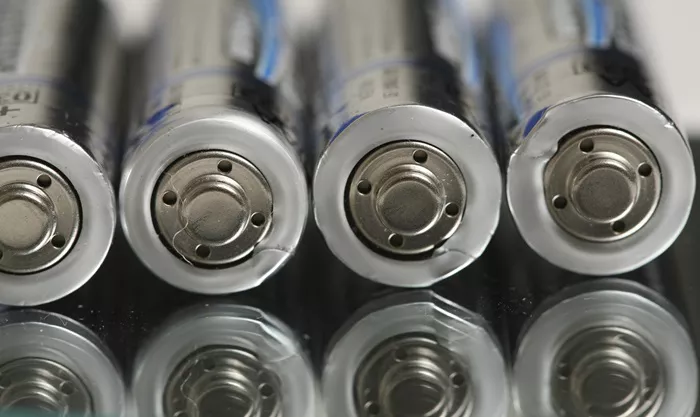Himadri Speciality Chemical Ltd (HSCL), a leading Indian specialty chemicals company, has announced a strategic investment of USD 4.43 million (around ₹37.47 crore) in International Battery Company Inc (IBC), a U.S.-based developer of prismatic Lithium-ion (Li-ion) cell technology. With this deal, Himadri acquires a 16.24% stake in IBC and a seat on the company’s board of directors.
The investment combines preferred and common shares. It marks a major step in Himadri’s push into the commercial production of cathode active materials and anode materials used in lithium-ion batteries.
IBC specializes in prismatic cell technology for electric mobility and energy storage. The company operates a 50MWh battery manufacturing facility in South Korea, which began production in 2023. It is also developing a Gigafactory in Bengaluru, India, in partnership with Mahanagar Gas Limited (MGL). This factory is expected to start operations by the fourth quarter of the 2025-26 financial year. It will serve both Indian and international markets, providing batteries for electric two- and three-wheelers and fleet vehicles.
IBC’s battery packs, made with NMC-based Prabal 1000 Li-ion cells, already power over 500 electric vehicles (EVs). The company has open orders for 4,300 electric two-wheelers from six clients. The upcoming Bengaluru factory will also produce batteries for MGL’s vehicle fleet, adding further capacity to India’s battery manufacturing landscape.
Himadri’s investment is expected to support the global growth of battery materials. The partnership brings together Himadri’s expertise in making advanced anode and cathode materials with IBC’s innovative cell technology. Together, they aim to create high-performance, scalable, and sustainable battery solutions for energy storage and transport.
The collaboration gives Himadri access to IBC’s advanced infrastructure, including its South Korean facility and the upcoming Bengaluru Gigafactory. This access will help Himadri test and roll out its new battery materials. In return, IBC gains a reliable supply of essential battery materials, improving the performance and reducing the cost of its batteries.
The partnership also includes the use of IBC’s proprietary Industrial AI platform. This technology will help both companies speed up innovation and co-develop new materials. It also allows Himadri to bring its battery products to market faster and on a larger scale, strengthening its role in the global battery industry.
This deal also supports India’s clean energy goals. With battery production and innovation rooted in India, the partnership helps build a strong, self-sufficient energy storage industry. The Bengaluru Gigafactory will not only meet local needs but also turn India into an export hub for batteries, boosting the country’s position in the global clean energy transition.
Anurag Choudhary, Chairman and CEO of Himadri Speciality Chemical Ltd, said:
“We are excited to invest in IBC, a leader in next-generation battery technologies. This is a key step in our clean-tech strategy and entry into the lithium-ion battery market. By combining our materials expertise with IBC’s technology, we aim to build a scalable and sustainable energy ecosystem. This deal strengthens our global presence and helps elevate India’s role in the battery industry.”
Dr. Priyadarshi Panda, Founder and CEO of IBC, commented:
“We are thrilled to welcome Himadri as a strategic partner. Their experience in anode and cathode materials and their global outlook match our long-term vision. This partnership will help us grow our production and expand our products. Together, we plan to transform mobility and energy storage by offering high-performance and clean energy solutions.”
Himadri Speciality Chemical Ltd is known for its innovation and sustainability in specialty chemicals. It is one of India’s pioneers in lithium-ion battery materials. The company also produces specialty carbon black, coal tar pitch, and other advanced materials for industries like automotive, batteries, paints, and plastics. Himadri operates in 56 countries and runs eight zero-liquid-discharge manufacturing plants, emphasizing safety, sustainability, and strong governance.

